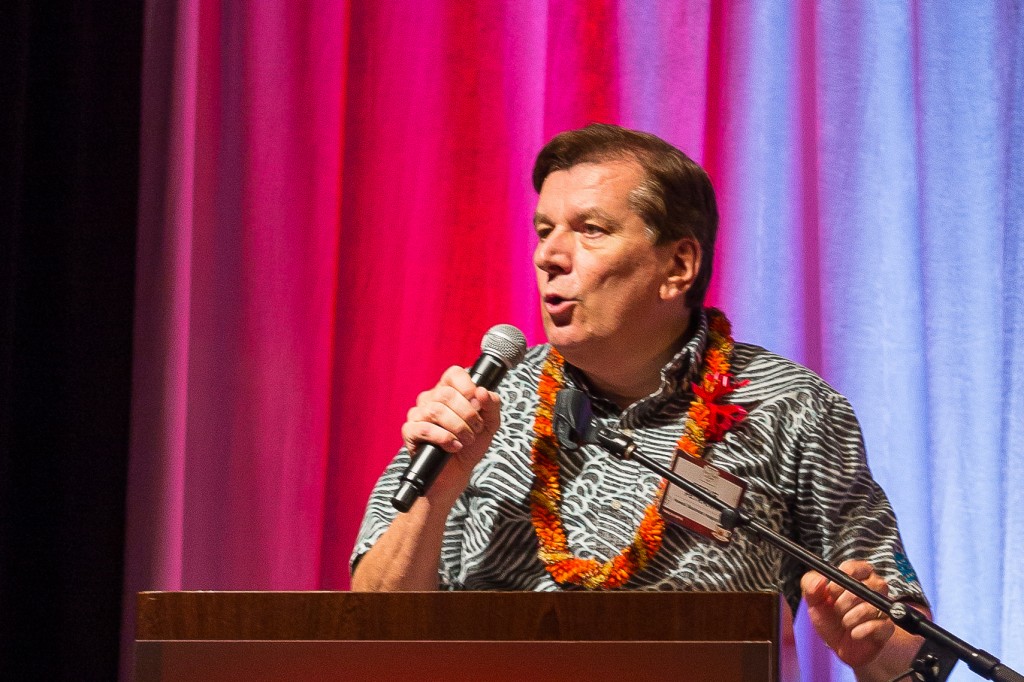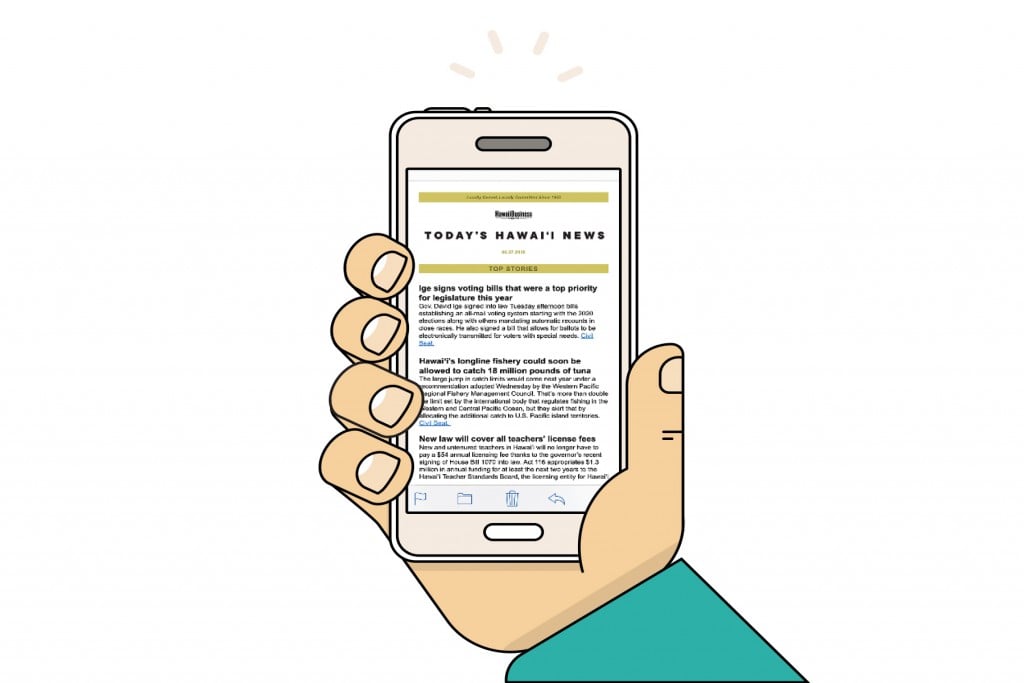Do You See an Immigrant as a Colleague or Competitor, Catalyst or Criminal?

Immigration is complicated. It’s not a single issue but a thousand issues and factors mixed together, including diverse people, economics, crime, community, compassion, resentment, competition, inequality and so much more.
There are two features in this issue that show the complexity of immigrants coming to Hawaii. One focuses on their local economic impact and the other uncovers two companies that bring Chinese women here to give birth so their babies will have U.S. citizenship.
Your personal situation probably has a huge impact on how you view immigrants. Are you a business owner who depends on immigrants to fill positions in your company? Are you a wage-earner whose income has stagnated over recent decades at least partly because of the presence of cheap immigrant labor? Are you an employee, investor or happy client of a company founded by an immigrant? Are you the victim of a crime committed by an immigrant, legal or otherwise? (I know studies show immigrants are less likely to commit crimes than native-born Americans, but that is little solace to families that have suffered from rape, murder or other crimes by criminal immigrants.) Maybe you are an immigrant yourself; 1 in 5 people in Hawaii is.
My perspective is that of both a first-generation and second-generation immigrant. My parents were DPs, displaced persons, the mid-20th century term for refugees. They were taken from their homes in Poland and forced by the Nazis to work on Austrian farms during World War II, while young German men were off fighting.
When the war ended, they and millions of other DPs in Europe, Asia and elsewhere tried to rebuild their lives. My parents chose not to return to Poland, then under Soviet control, but migrated to Italy, England and finally Canada, where I was born and grew up. It was not an easy life but Canada took my parents in and for that they were always grateful. They worked hard, raised four children and were model citizens.
In college, this son of immigrants fell in love with an American girl who got a fellowship at the East-West Center in 1980 and that’s how we came to Hawaii. Today, I am both an immigrant to the USA and a proud American citizen, so it’s not surprising that my view of immigration is mostly positive.
In Hawaii, we are all immigrants or the children of immigrants, whether our ancestors came 1,500 or more years ago or we stepped off the plane last week. When your people first arrived may have a big impact on how you view today’s immigrants. My job and that of my team is to provide you with information on important local topics that will inform your perspective, hence the extensive coverage on immigration in this issue.
A final note: In our story on maternity tourism, we misled a source, something we almost never do. Our reporter spoke to the operator of one company that brings pregnant Chinese women here to give birth; when she told him that she was a reporter, he stopped talking to her.
So when this reporter approached the employee of a second maternity tourism company, she did not immediately identify herself as a reporter. She said she was inquiring about the company’s services on behalf of a Hong Kong cousin; only after she was able to collect some information did she repeatedly tell the source that she was a reporter. Eventually, the source abruptly ended the interview and quickly walked away.
The subterfuge seemed necessary to provide a proper report on maternity tourism. The reporters and editors at Hawaii Business act with full transparency and will only mislead sources in extremely rare circumstances such as these, when there seems to be no other way to collect important information on a serious issue. In more than nine years as the editor of this magazine, I can’t think of any other time we have done that.







